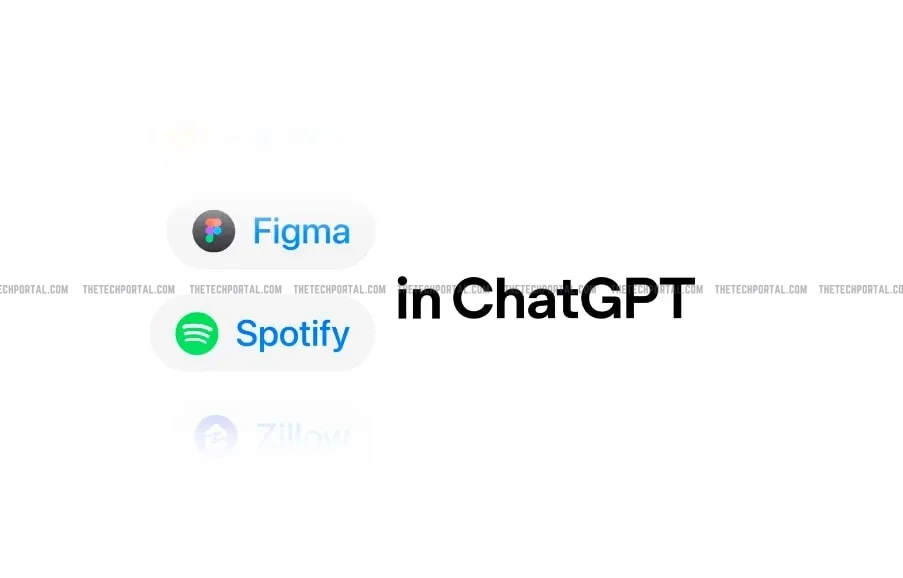OpenAI has announced major updates to its ChatGPT platform, including the introduction of apps that work directly inside ChatGPT and a new developer toolkit called AgentKit. With the new ChatGPT apps, users can now access third-party services and complete actions without leaving the conversation. Instead of moving between different websites or applications, they can ask ChatGPT to handle tasks like booking hotels, creating a design, or making a playlist, and the corresponding app will open right inside the chat. These apps can include interactive features like maps, buttons, or previews, allowing users to take actions directly within their conversation.
This new system is powered by OpenAI’s Model Context Protocol (MCP), a technology that lets ChatGPT connect with outside apps and services securely. MCP ensures that data is shared safely and that apps only access information users choose to share. Every app must request permission before connecting to user accounts or personal data, giving people full control over their privacy while still enabling smooth interactions.
At launch, several well-known companies are already part of this new experience. Users can interact with apps from Canva, Expedia, Coursera, Figma, Spotify, Booking.com, and Zillow directly inside ChatGPT. Even according to the company, more partners (including Uber, DoorDash, Target, and OpenTable) are expected to be added in the near future. Another notable addition is Instant Checkout, which allows users to make purchases directly from platforms like Etsy without ever leaving ChatGPT.
For developers, the Sam Altman-led company has released an early version of the Apps SDK, a toolkit that helps them build and test their own apps for ChatGPT. The AI giant also plans to launch an app store and payment system so developers can share and earn money from their ChatGPT apps in the future.
Along with apps, OpenAI introduced AgentKit, a powerful new set of tools for building and managing AI agents. While ChatGPT apps focus on user experiences, AgentKit is aimed at developers who want to design agents capable of carrying out multi-step tasks and automating processes. Under this update, the Agent Builder tool provides a visual way to design how agents think and act, while ChatKit allows developers to embed ChatGPT-style chat interfaces inside their own applications. Even the firm has introduced ‘Evals for Agents’, a system that allows developers to test and measure how their agents handle different situations. It includes tools for analyzing agent behaviour, grading task performance, and improving prompts automatically.
The timing of these developments becomes noteworthy since the AI trendsetter recently acquired Statsig (a product-testing startup) for $1.1 billion. At the same time, Sam Altman also revealed that ChatGPT has reached 800 million weekly active users. But despite all these efforts, the company is still facing serious challenges and controversies. In December 2024, Italy’s data protection authority fined it €15 million for breaking GDPR rules, pointing to problems with transparency and how personal data was handled. In recent months, there have been reports that its video generator, Sora, often produced sexist and racist content, raising ethical concerns. Additionally, last month, Elon Musk’s xAI filed a case accusing the company of stealing trade secrets.
The Tech Portal is published by Blue Box Media Private Limited. Our investors have no influence over our reporting. Read our full Ownership and Funding Disclosure →







